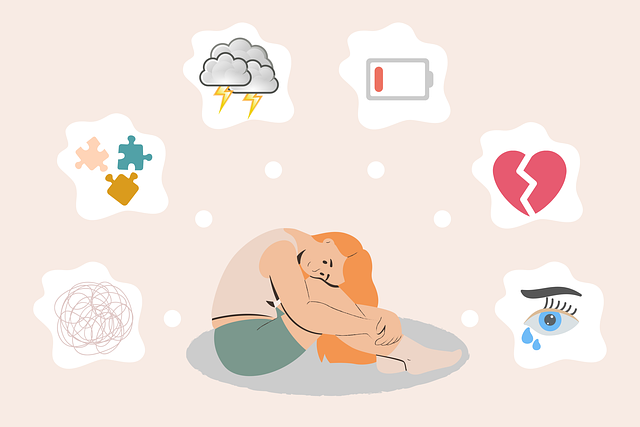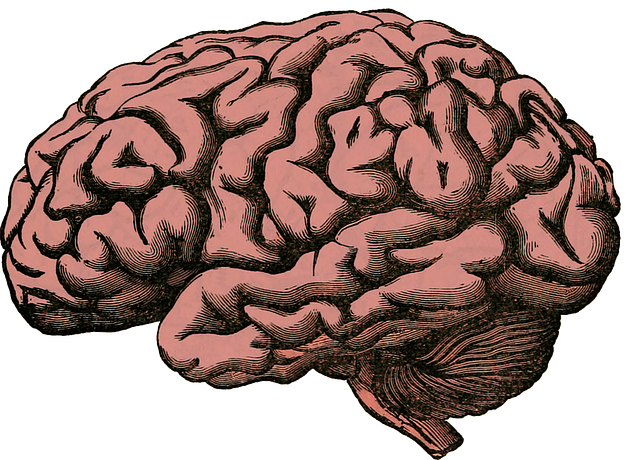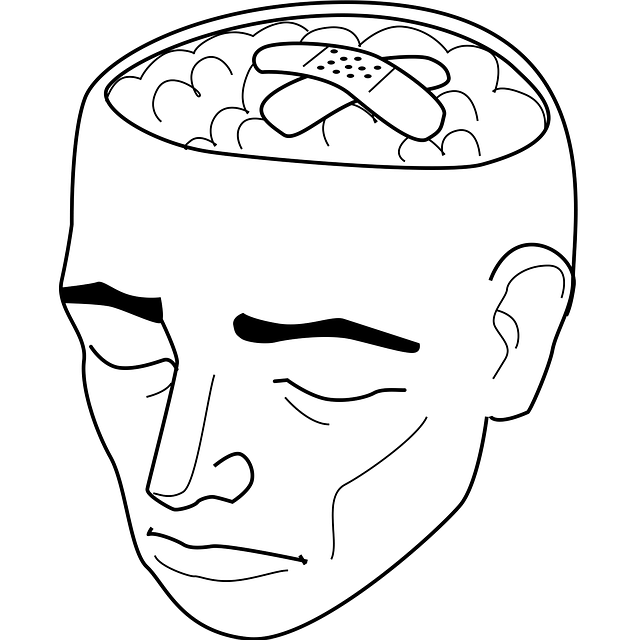Mental Health Crisis Hotlines (24/7) provide confidential support, guiding individuals in acute emotional distress to suitable care, including therapy for self-esteem. These hotlines prevent crisis escalation, offer immediate relief, and promote long-term well-being through early intervention and proactive self-care. Recognizing low self-worth's impact is crucial in mental health policy, encouraging therapy integration and destigmatizing mental health support. Effective hotline usage involves identifying urgent needs, preparing emotional insights, and engaging operators for tailored guidance and trauma support, fostering a culture where therapy for self-esteem enhances overall mental health.
In today’s fast-paced world, mental health crisis hotline support services play a pivotal role in aiding individuals navigating intense emotional distress. Understanding these hotlines and their offerings is essential, especially as they provide immediate assistance and a safe space to vent. This article delves into the significance of mental health crisis hotlines, exploring how therapy can boost self-esteem and offering practical tips for accessing these services effectively.
- Understanding Mental Health Crisis Hotlines
- The Role of Therapy in Boosting Self-Esteem
- Accessing and Utilizing These Support Services Effectively
Understanding Mental Health Crisis Hotlines

Mental Health Crisis Hotlines serve as vital resources for individuals experiencing acute emotional distress or a mental health crisis. These 24/7 services provide immediate support, offering confidential conversations with trained professionals who can offer guidance, coping strategies, and emergency assistance when needed. More than just a helpline, they act as a bridge to therapy, connecting people with appropriate care, including options for self-esteem therapy.
Understanding the importance of early intervention, these hotlines encourage individuals to seek help before situations escalate. By promoting self-care practices and stress reduction methods, they empower users to manage their mental health proactively. Moreover, through open discussions, they can identify underlying issues like depression prevention concerns, offering not just immediate relief but also long-term solutions for better well-being.
The Role of Therapy in Boosting Self-Esteem

Therapy plays a pivotal role in boosting self-esteem, addressing the root causes of low self-worth and providing individuals with valuable tools to navigate their mental health journey. Through various therapeutic approaches like cognitive-behavioral therapy (CBT), dialectical behavior therapy (DBT), and psychodynamic therapy, clients learn to challenge negative thought patterns, develop healthier coping mechanisms, and cultivate a more positive self-image. These evidence-based practices not only help individuals understand their feelings and behaviors but also empower them to make meaningful changes in their lives.
In the context of mental health policy analysis and advocacy, recognizing the importance of therapy for self-esteem is crucial for developing comprehensive support systems. Mental health awareness campaigns can play a significant role in destigmatizing therapy, encouraging individuals to seek help early on. Additionally, risk management planning for mental health professionals ensures that therapists are equipped with the necessary skills and resources to provide effective treatment, fostering an environment where self-esteem enhancement becomes an integral part of overall mental well-being.
Accessing and Utilizing These Support Services Effectively

Accessing and utilizing mental health crisis hotline support services effectively requires a strategic approach. The first step is to recognize when you or someone close needs assistance, acknowledging symptoms such as intense anxiety, depression, or traumatic experiences. Many hotlines offer confidential and immediate support, providing a safe space to express emotions freely. They are typically staffed by trained professionals who can guide individuals towards suitable resources, including therapy options for self-esteem issues.
To maximize the benefits, it’s essential to be prepared when contacting these services. Consider your current emotional state, recent triggers, or specific concerns. Hotline operators can then offer tailored advice and referrals. They may suggest Self-Awareness Exercises or Emotional Intelligence techniques to help individuals manage their mental health proactively. Trauma Support Services are also readily available for those who have experienced significant distressing events.
Mental health crisis hotline support services play a crucial role in providing immediate assistance and long-term solutions. By understanding the value of these hotlines and effectively accessing therapy for self-esteem, individuals can navigate their mental health crises more successfully. Remember that seeking help is a sign of strength, and with the right guidance, folks can foster a positive transformation and enhance their overall well-being.











